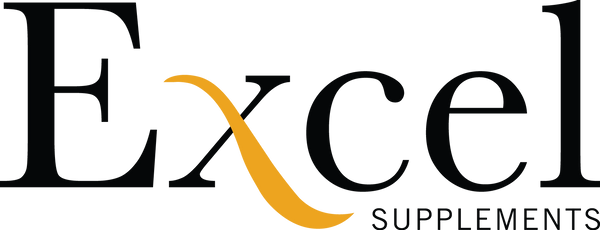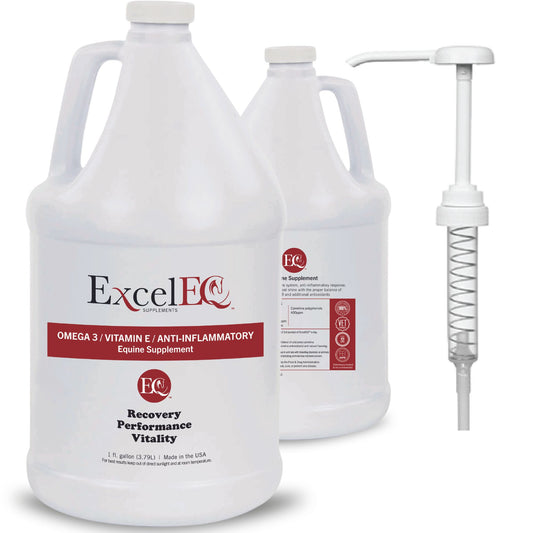The Essential Role of Omega-3 in Muscle Development
Share
Introduction: Why Omega-3 Matters
Omega-3 fatty acids play a crucial role in muscle development and overall equine health. By incorporating Omega-3s into your horse’s diet, you support optimal muscle growth, enhance recovery, and improve performance. Understanding how Omega-3s impact muscle development can help you make informed decisions about your horse's nutrition.
Understanding Omega-3 Fatty Acids
Omega-3 fatty acids are essential nutrients that offer numerous benefits for horses. They are primarily found in sources like flaxseed oil, fish oil, and camelina oil. These healthy fats contribute to muscle development by reducing inflammation and promoting cellular repair.
How Omega-3 Supports Muscle Growth
Omega-3s help facilitate muscle growth by influencing several key processes:
-
Reducing Inflammation: Omega-3s have anti-inflammatory properties that help reduce muscle soreness and stiffness. This allows for faster recovery after intense exercise.
-
Enhancing Protein Synthesis: Omega-3 fatty acids support protein synthesis, which is crucial for building and repairing muscle tissues. This leads to stronger, more resilient muscles.
-
Improving Blood Flow: By promoting healthy blood circulation, Omega-3s ensure that nutrients and oxygen reach muscle tissues effectively. This enhances overall muscle function and endurance.
Incorporating Omega-3 into Your Horse’s Diet
To maximize the benefits of Omega-3s, consider adding high-quality supplements to your horse’s diet. Here are some practical tips:
-
Choose High-Quality Supplements: Look for supplements that are rich in Omega-3s and free from contaminants. Camelina oil, for instance, is a great source of Omega-3s and is known for its purity and effectiveness.
-
Monitor Dosage: Follow the recommended dosage guidelines to ensure your horse receives the optimal amount of Omega-3s. Over-supplementing can lead to imbalances and other health issues.
-
Consult a Veterinarian: Before making any changes to your horse’s diet, consult with a veterinarian or equine nutritionist. They can provide personalized advice based on your horse’s specific needs and health condition.
Conclusion: The Benefits of Omega-3 for Muscle Development
Incorporating Omega-3 fatty acids into your horse’s diet can significantly enhance muscle development, reduce inflammation, and improve overall performance. By choosing the right supplements and following expert recommendations, you can support your horse’s muscle health and help them achieve their full potential.
For more information on Omega-3 supplements and their benefits, explore our range of products designed to meet your horse’s nutritional needs.
Sources:
-
Nogradi, N. et al. Omega-3 Fatty Acid Supplementation Provides an Additional Benefit to a Low-Dust Diet in the Management of Horses with Chronic Lower Airway Inflammatory Disease. J Vet Intern Med. 2015.
-
Hess, T. and Ross-Jones, T. Omega-3 fatty acid supplementation in horses. R Bras Zootec. 2014.
-
Brennan, KM. et al. The effect of dietary microalgae on American Association of Equine Practitioners lameness scores and whole blood cytokine gene expression following a lipopolysaccharide challenge in mature horses. J Anim Sci. 2017.
-
Oldham, SL. et al. Storage and mobilization of muscle glycogen in exercising horses fed a fat-supplemented diet. J Equine Vet Sci. 1990.






